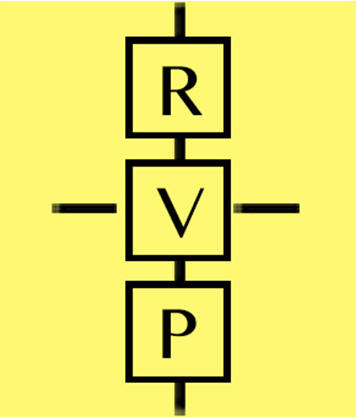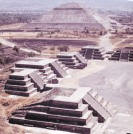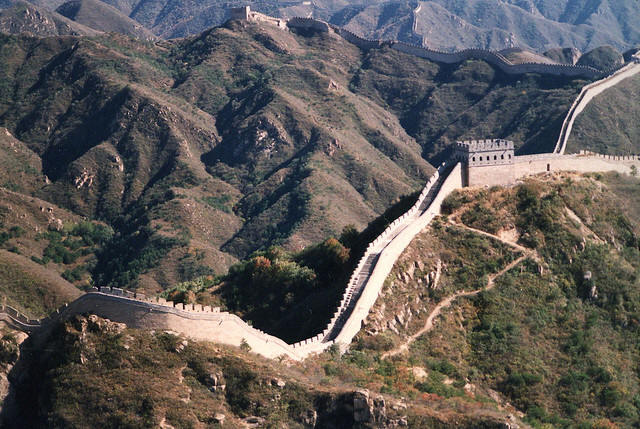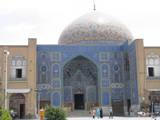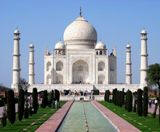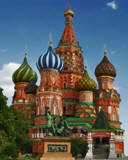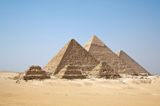|
AN INVITATION
THE ANNUAL SEMINAR
Communication Across Cultures:
The Hermeneutics Of Culture In A Global
Age
September 4 to
November 6, 2003 Washington
D.C.
Challenges
It
is true that the process of communications across
cultures has had a long history. From the days of
Abraham, if not of “Lucy”, peoples have immigrated,
traded, and fought. Special people like Alexander and
Magellan, Genghis Khan and Columbus have broken through
frontiers either in war or in peace to engage others.
Today,
however, we meet not only those who live on the other
side of a border, for in many ways there are no borders
and we are engaged with and by everyone at all times.
Thus, whereas a decade ago many worried about whether
there was an African philosophy distinct from that of
Europe, now the concern is not whether such a philosophy
exists, but how it engages the world reality which
continually shapes and directs all. The answer is not
obvious.
At
the beginning of modern times, in order to clear the way
for the abstractive and universalising efforts of
science, consideration of local identities and cultural
interchange were pushed to one side, and in time came
even to be vilified as “the irrational”. In the last
decades this attitude, in its turn, has come to be seen
as blind and insensitive to the wellsprings of the human
project.
Philosophical
work has been done to reopen those wellsprings, adding
subjectivity to objectivity – the soul, as it were, to
the body. Thus enlivened, people began to listen with
new sensitivity to their children and their neighbours,
finding in human persons unique richness hitherto
unsounded. The philosophical methodology for this
project was hermeneutics, much advanced by late H.G.
Gadamer on a phenomenological basis. His notion of the
fusion of horizons responded well to this new
opportunity to come to know more deeply another person
or people.
Now,
however, the challenge – and the potential reward – is
vastly multiplied. It is no longer merely that of
meeting and interpreting what the person next door or in
ancient times is trying to say to me. Rather, it is
becoming aware of how all of life has been plunged into
a newly integrated world reality that includes all
peoples all the time. This threatens all, yet holds
promise of vast human enrichment limited only by, and
to, the humane. It means also that one’s creative
actions and even one’s hopes can build either an
ultimate conflict of all against all, or new harmonies
in which bodies as well as minds can have life and have
it more fully. For this even the relatively new
hermeneutic methods of mutual interpretation and
understanding themselves must be revised and expanded in
order to respond to life in this age already marked as
global.
The Response
Such an effort cannot be carried out by one person, but
some progress might be made by a multidisciplinary and
multicultural team uniting the broad resources of the
human community.
For this work there are significant and promising
resources. The humanities (history and literature) can
uncover the values of the various cultures. The social
and behavioral sciences (psychology, anthropology,
sociology and economics) can contribute understanding of
the structures of the world in which we live. Above all,
it will be necessary with these to think together
philosophically in order to understand the ways in which
faith inspires reason and reason articulates faith, how
human freedom is open rather than closed, how
self-assertion consists in reaching out to others in the
solidarity and subsidiarity of civil society, and that
we need now to move in space that is truly global.
To do so a
seminar is projected with the following characteristics.
-
Size: restricted
to under 20 scholars, in order to facilitate
intensive interchange around a single table;
-
Interdisciplinary:
in order to draw upon the contemporary capabilities
of the various humanities and sciences and to
penetrate deeply into the philosophical roots and
religious meaning of cultures;
-
Inter-cultural:
to benefit from the experiences and commitments of
the various cultural communities from all parts of
the world, to discover their particular problems in
our day, and especially to envisage new and creative
responses;
-
Focused: a
single integrating theme, in order to encourage a
convergence of insights;
-
Duration: 10
weeks, in order to allow the issues to mature and
the participants to establish the growing degree of
mutual comprehension, from which new insight can
emerge;
-
Intensive:
analyzing in detail papers planned in common and
written by each of the participants during the
seminar; and
-
Publication: the resulting
volumes, consisting of chapters written by the
individual seminar participants, intensively
discussed in the seminar and then redrafted, will
reflect concretely the work of the seminar and share
it with those working in the various cultural
communities in facing the problems of contemporary
life.
-
The Organization
- Sponsor:
The Council for Research in Values and Philosophy (RVP)
and The Center for Studies of Culture and Values (CSCV)
at The Catholic University of America (CUA).
- Participants:
10 philosophers from the various continents, with an
equal number of professors from various disciplines in
the universities and institutes in the Washington area.
The visiting scholars will be welcome to join in the
work of CUA. They will have the use of the research
facilities of the Library of Congress and of the
universities and institutes of the Washington area. The
period of the seminar should constitute effectively a
hard working mini-sabbatical.
- Schedule:
The seminar will meet on Tuesdays 9.00am - 12.00 noon
for discussion by the visiting scholars of key
contemporary texts related to the evolution of the theme
of the seminar; and on Thursdays, 2:00-5:00 p.m. for
presentations by the participants of the drafts of their
chapters as a basis for intensive critical and
exploratory discussion by the group.
- How
to Apply:
By a letter of application before May 31st, together
with a curriculum vitae and bibliography, providing
details of the importance of the seminar to the
applicants overall work and the achievement of his or
her specific goals.
|

